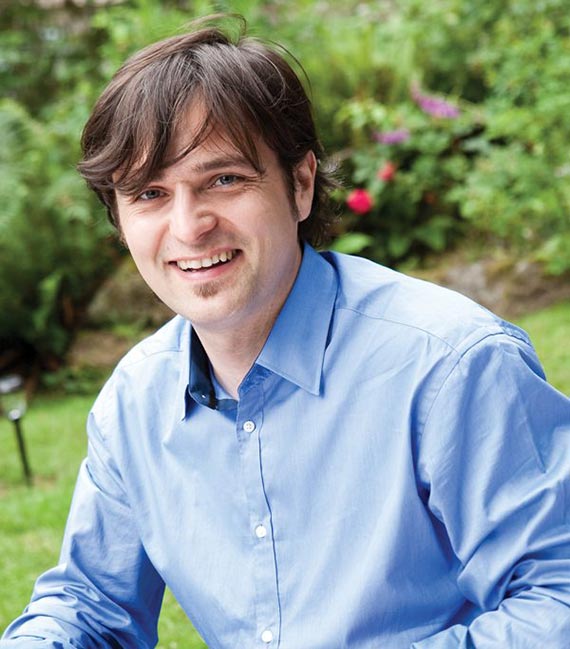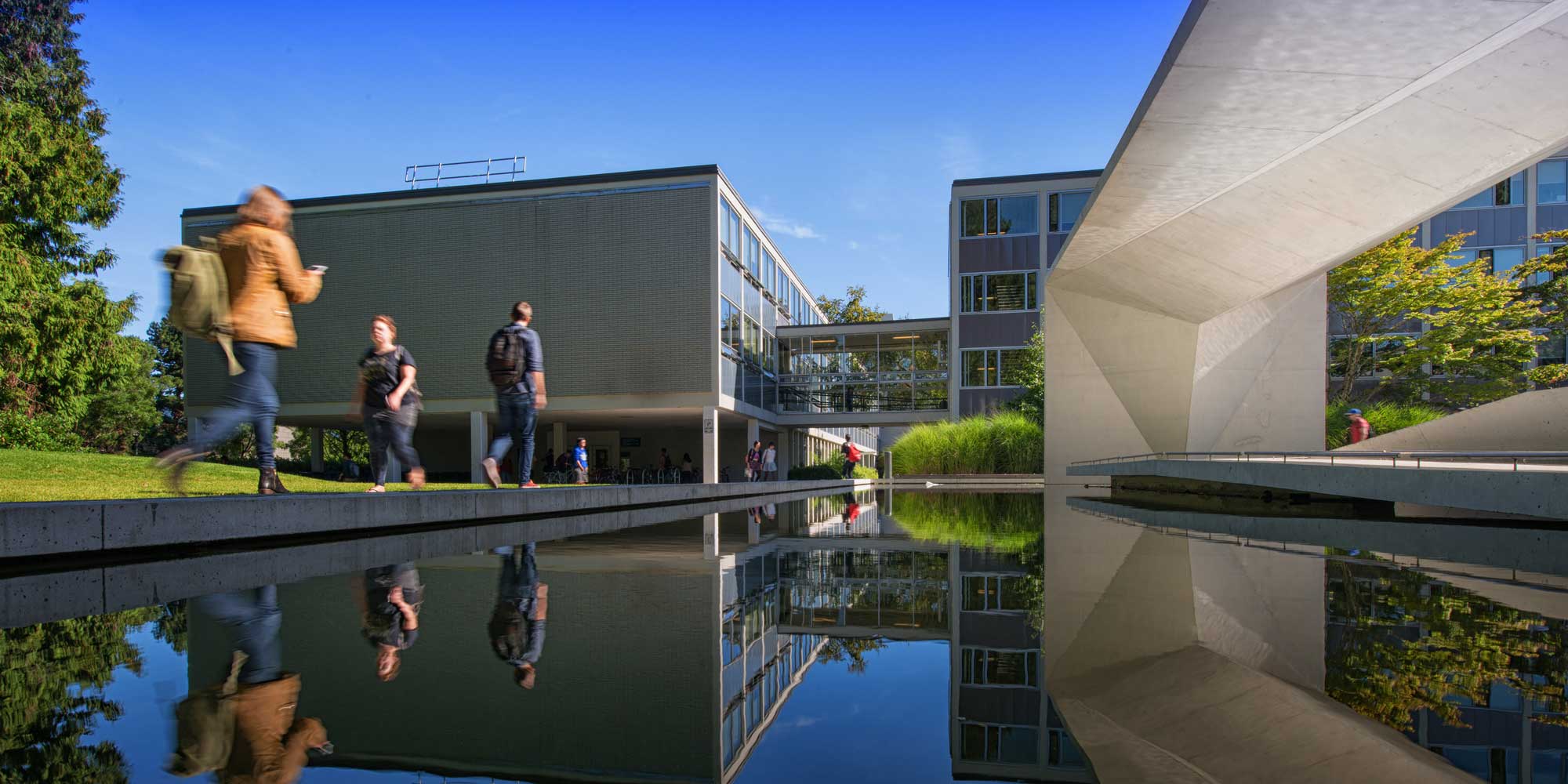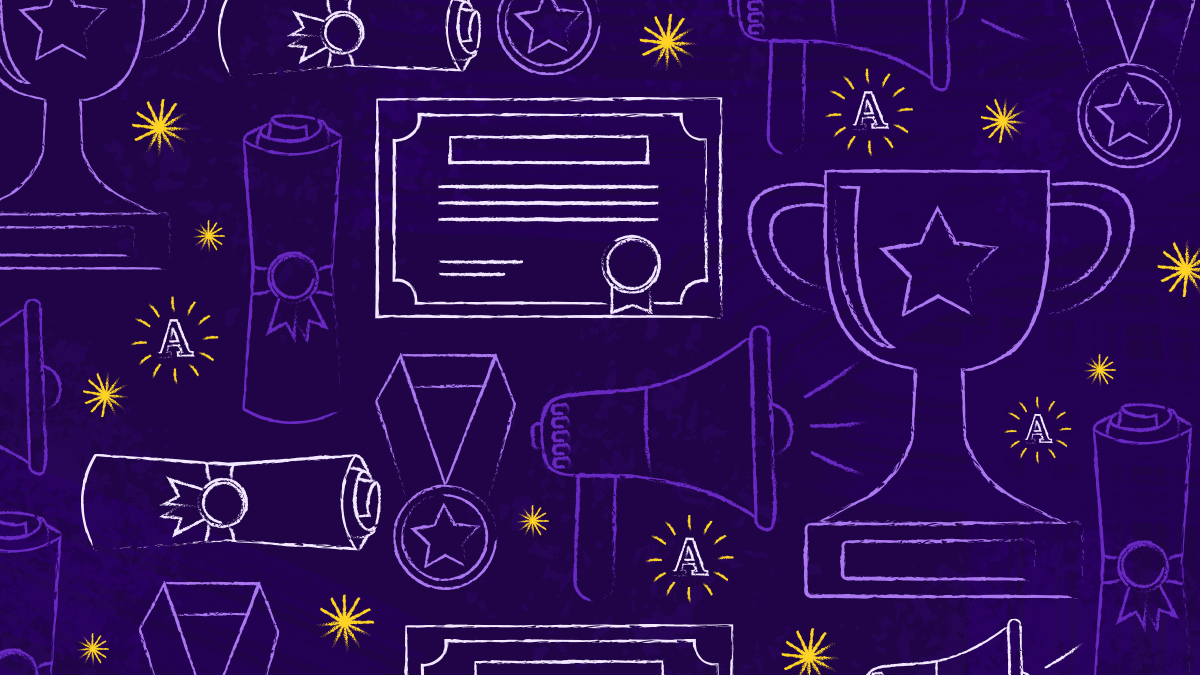By Meghan Roberts
UBC Postdoctoral Fellow Stefan Dollinger is taking English students out of the classroom and placing them into the lab as he heads the revision of the Dictionary of Canadianisms.


The project will be the first of many to come out of the Canadian English Laboratory and aims to provide an updated version of the Dictionary of Canadianisms on Historical Principles (DCHP2). Published in 1967, the first edition was not consistently maintained, leaving it outdated. Dollinger hopes to update the Dictionary while adding new entries from the last 40 years.
The team behind the second version of the Dictionary of Canadianisms has already discovered several new “Canadianisms”, or words and phrases that are unique to Canadian English. There are even some examples of words that originated on the UBC campus.
They’ve found that the oldest citation of the word “creamo” dates back to a 1925 version of the Ubyssey newspaper. Similarly, the drink “Brown Cow” was traced back to a 1976 edition.
Dollinger, who is involved in many research projects with the Canadian English Laboratory, hopes for the success of the Dictionary to be widespread. He aims to make the Dictionary available to Canadian universities and libraries to ensure the general public has access.
The Canadian English Laboratory employs many volunteer and paid student workers, including third year English honours student Sam Chung, and fourth year English Language student Cicily Cooper.
“I’m a research assistant in the Canadian English Language Lab,” Cooper explained, “We ‘harvest’ citations from periodicals we get through huge databases and find words that are Canadianisms.”
“I’ve even found some from the 1700s and 1800s!” Chung said. “We enter the words into the Bank of Canadian English and that’s pretty much it.”
Chung and Cooper both got involved with the project after taking Dollinger’s English 229 class on Canadian English words. Students in the class were asked to research Canadian words for a project; those that did well were given the opportunity to volunteer or work with Dollinger in his lab. Dollinger tries to include some work with the Bank of Canadian English in most of his courses.
Cooper and Chung excelled in their positions and were given paid part-time positions for the summer.
In addition to working with the Dictionary, Chung and Cooper were able to present their research at the Multidisciplinary Undergraduate Research Conference (MURC) last year. They were part of a five person student research team that worked with Dollinger to create a presentation for the conference. Their panel was one of only two groups presenting research in English, which Chung thinks is a shame.
“People have a mentality that research is exclusively reserved for sciences,” Chung said, “MURC was predominantly Science students with the odd Arts students who were mostly from Psychology.”
“I really want to see more Arts students presenting!”
Chung cites Dollinger’s help in the MURC as invaluable, and is grateful for the close relationship they have developed.
“He taught me everything step by step; he’s really caring.” Chung said, “The thing about Professor Dollinger is that he uses students as instruments of research so you’re not just working under him, you’re working alongside him.”
“I’m very indebted to him,” Chung added.
Cooper enjoys being a part of something that hasn’t already been studied in a classroom.
“As an undergrad you rarely feel like you’re a part of something new and different,” Cooper explained. “That’s what’s cool about being in research. I’m finding things that haven’t been found before.”
“I think it’s helped me realize all the opportunities that are out there and feel less limited. Doing this research has made me see there’s more than I can imagine!”


